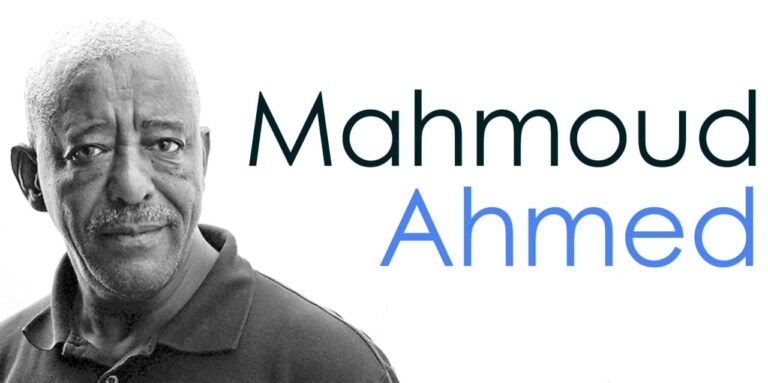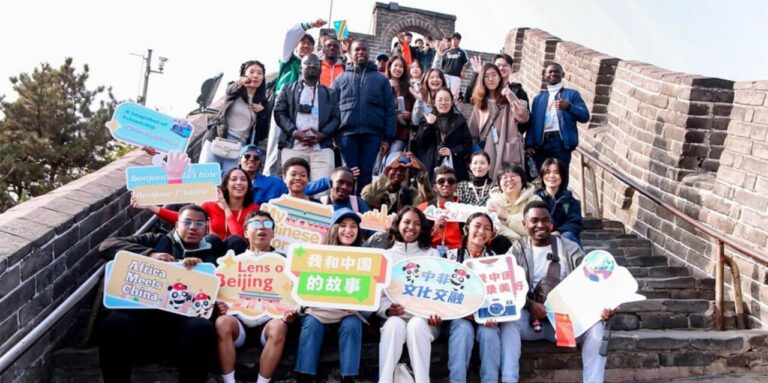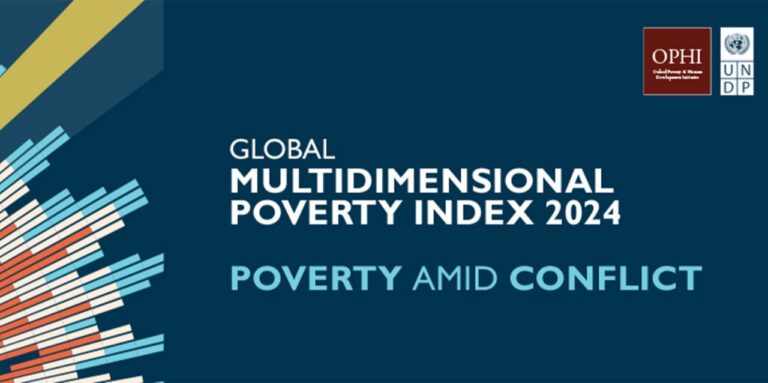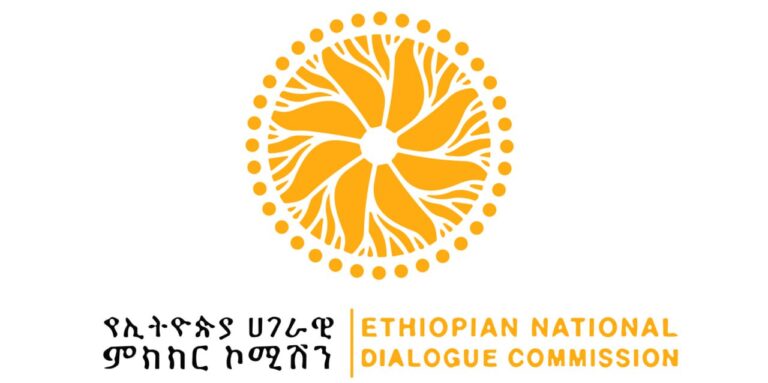Veteran Ethiopian singer Mahmoud Ahmed, renowned for his profound contributions to music over the past five decades, is set to hold his final concert at Millennium Hall in Addis Ababa. This highly anticipated event will feature a selection of prominent artists who will perform in tribute to the legendary vocalist.
The concert’s coordinating committee, which includes notable figures such as musician Abraham Wolde and Jorka Event Organizer founder Agha Abate, emphasized the importance of honoring Mahmoud while he is still alive. “Mahmoud is the right person to start a tradition of giving thanks and honoring a man while he is alive,” they stated.
Scheduled for three months from now, the concert is expected to attract around 25,000 attendees, celebrating Mahmoud’s legacy and his significant impact on Ethiopian music. Additionally, plans are underway to erect a monument in his honor in Addis Ababa, with discussions ongoing regarding the designation of a street and square named after him.
The committee also announced the launch of a biography book detailing Mahmoud’s life and career, which has been in the works for nearly a decade. This book will be unveiled on the day of the concert, alongside the statue and street naming.
Mahmoud Ahmed, often referred to as the “King of Memories,” has captivated audiences with timeless hits such as “Engedaye Nesh,” “Mela Mela,” and “Atawurulgin Lela.” His contributions to music have been recognized globally; in 2007, he received the BBC Radio World Music Award for his songwriting excellence and was awarded an honorary doctorate by the University of Gondar for his influence on Ethiopia’s musical landscape.






